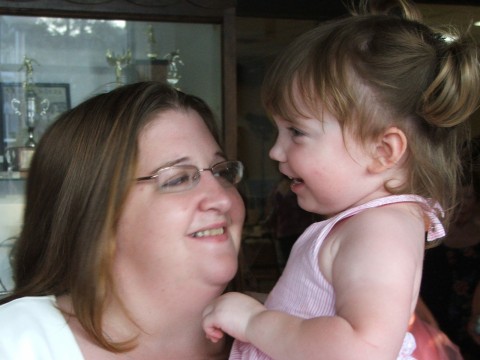(*02) Emily's Place
Folder:
Emily Emily's Place.
The ease in which she replaced,
an honest looking upbringing,
with this dangerous chase,
should surprise you.
But it didn't.
The grace she disposed of,
so quickly to grab,
a chance to dance with the lady,
should shock you,
but it didn't.
The pace in which she fell,
the impact of the landing.
The condition of your child,
should concern you,
it couldn't.
It would ruin your disguise.
It might expose all your lies.
Releasing the bad seed,
was your only choice.
And she paid the price,
and in her gentle way,
covered your mess.
She knew her place.
Your friends console you,
one out of six ain't bad.

This is an eerie poem, and I mean that as a compliment: it is eerie in the way that an English ghost story is---very quiet, ordinary language, electrified with a subtle meaning that becomes almost overwhelming at the end. I said the poem is eerie; but the last three lines---those unexpected last three lines---are incredibly chilling. And, if I may offer another compliment, this poem is not a pleasant experience . . . and that is why it works so well.
Horror is not merely fictive; horror is as close as the neighbor next door, and can be communicated in the ordinary and plain conversation of daily life. That is what she has captured here---and always back to those last three lines, those utterly chilling last three lines. This poem is a ghost story---and I do not mean it is detached from reality, or it is inconsequential (on the contrary, it is quite consequential). It is a ghost story in the same way that Aickman's and Sarban's were---a convincing, horrifying construct of words so close and so near that it could be just beyond, say, those shadows over there. To close, I will mention the young woman who turned the gothic novel on its head, when she was only nineteen years old, and changed the course of horrifying tale forever: Mary Shelley, who said, in the introduction to her novel, Frankenstein, that she wanted to write something that made the reader dread to look at the page and dread to look away. This is what Rae has done in this poem, with a good deal fewer words, but with the same artistry. And Rae, being up there with Mary Shelley is a mighty fine place to be.
Starward-Led (in Chrismation, Januarius)
not sure of the interpretation of this one,is it about abuse?